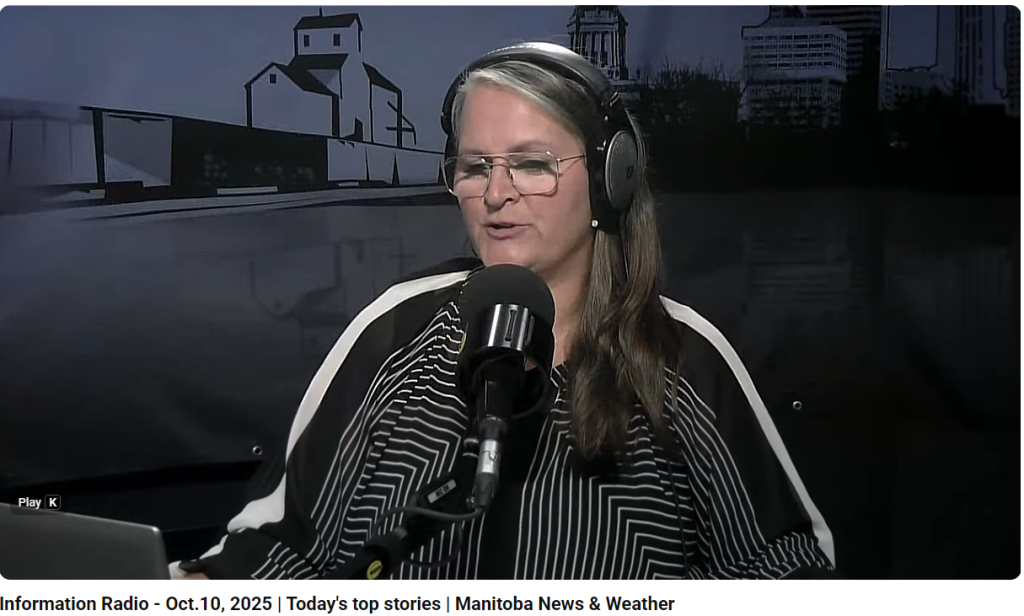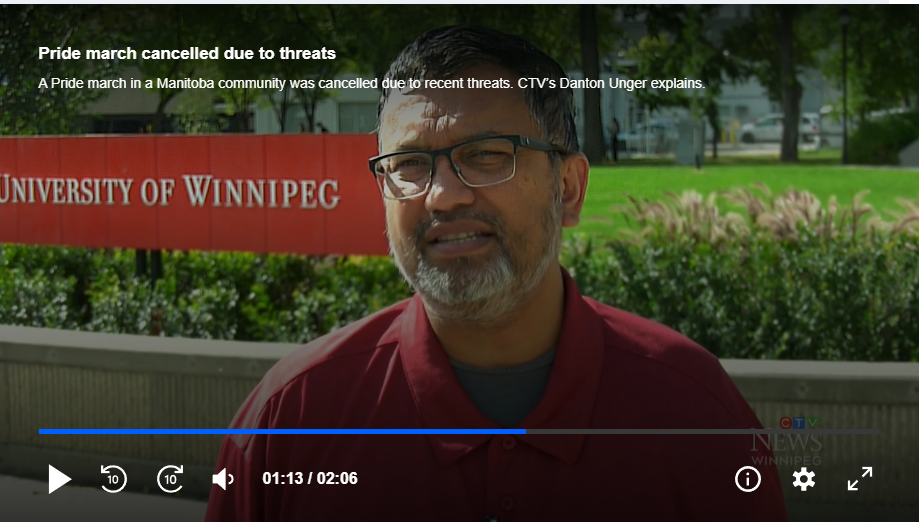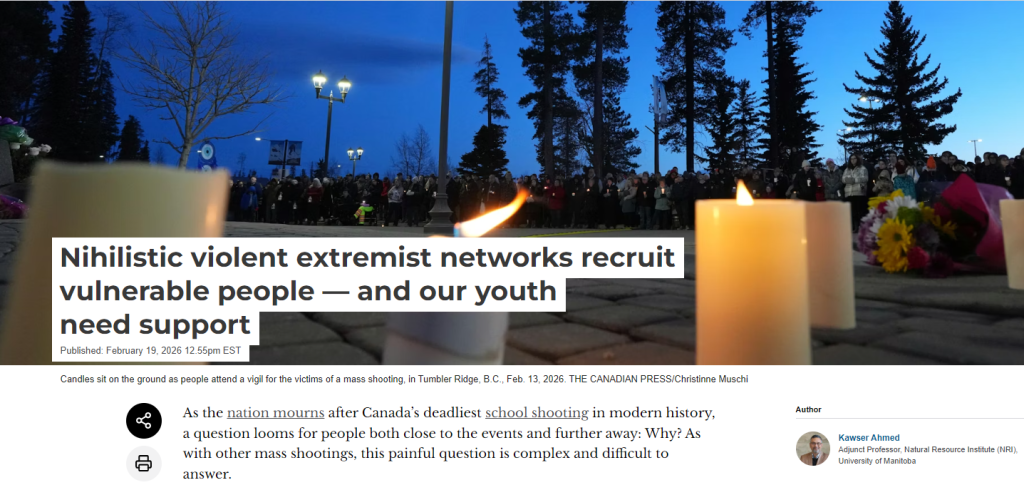
Kawser Ahmed, PhD
Researcher. Educator. Peacebuilder.
Welcome to the digital space of Dr. Kawser Ahmed – where ideas meet action, and dialogue becomes the bridge to peace.
Dr. Kawser Ahmed is not your typical academic. Yes, he wears the title of professor proudly, but beyond the lecture halls and journal articles, he’s someone who steps right into the heart of real-world conflict to make a difference. A former Canadian Armed Forces officer and a current peace and conflict studies scholar, Kawser has walked the line between theory and practice – and built his career helping others navigate that same path.
Whether it’s working on countering violent extremism in Manitoba, engaging diaspora communities in meaningful conversations, or advocating for policies that promote social resilience, Kawser is deeply invested in building safer, stronger, and more inclusive societies.
He founded and leads the Conflict and Resilience Research Institute Canada (CRRIC) – a hub for research, dialogue, and outreach aimed at understanding and transforming social conflict. He’s also at the forefront of tackling foreign interference in Canadian democracy, a topic he’s researched, written about, and spoken on widely.
On any given day, you might find him moderating a high-stakes webinar, mentoring students, co-authoring a book on peacebuilding, or sitting with communities to understand their lived experiences of conflict and cohesion. What ties it all together is his unwavering belief that change begins with conversation, understanding, and action.
This website is a window into his work, his writing, and his ongoing mission to create a more peaceful and just world. So take a look around – explore his projects, check out his talks, or just drop a note to say hello.
Welcome to the journey.
About Me
Is an educator and researcher in peace and conflict studies who has in-depth understanding of social conflict and its peaceful transformation. While serving in the UN peacekeeping operations in conflict zones, he earned experience in peacebuilding, mediation, and transformative dialogue in resolving inter-group conflict. He developed insights into conflict by studying social resistance, terrorism, and extremism in global and local contexts. He undertook several research projects on community-focused conflict intervention, refugee crises, and youth extremism in western and non-western contexts. Having completed SSHRC post-doctoral fellowship at the University of Winnipeg, he joined as adjunct professor at the University of Winnipeg (Pol Sc) and the University of Manitoba (NRI). He leads a not-for-profit organization (Conflict and Resilience Research Institute Canada) in Winnipeg, Manitoba, Canada. He is a voluntary board member at Manitoba Council for International Cooperation (MCIC) and Mediation Services, Winnipeg. He is also a member of the Winnipeg Mayor’s Multifaith and Culture Liaison Circle Meeting. He is a Rotarian.
https://www.uwinnipeg.ca/experts-guide/kawser-ahmed.html
https://www.uwinnipeg.ca/political-science/faculty/kawser-ahmed.html
‘So fiercely jealous of your liberty? Your lure is love, and when the jess is tied,
Submit, and be for ever satisfied. Give up the intellect for love and see
In one brief moment all eternity; Break nature’s frame, be resolute and brave, Then rest at peace in Unity’s black cave. Rejoice in that close, undisturbed dark air –The Prophet will be your companion there. And welcome, francolin! Since once you heard And answered God’s first all-commanding word, Since love has spoken in your soul, reject the Self, that whirlpool where our lives are wrecked; As Jesus rode his donkey, ride on it; Your stubborn Self must bear you and submit – Then burn this Self and purify your soul; Let Jesus’ spotless spirit be your goal’. Lines 637–52.
Farid Uddin Attar
The Conference of the Birds

The Winnipeg Police Service launched an initial investigation after swastikas and M.K.Y. initials were spray-painted onto Westdale Community Centre and nearby buildings.
M.K.Y., also known as Manic Murder Cult, is an international neo-Nazi group that promotes violence against racial minorities and the Jewish community.
“If this was not intervened, it could be a deadly consequence,” said Kawser Ahmed, an adjunct professor of political science at the University of Winnipeg who studies online radicalization.
Recent Publications
What am I Reading Now
Mindful reading and deep thinking
When he was 10, Amartya Sen heard his family discuss an impending famine. ‘I was not yet absolutely sure what a famine really was, but I was full of apprehension’, he writes in his memoir. An excerpt.

What Others Say

Dr. Ahmed is one of my favorite professors at the university. His teaching style fosters class discussion and he generally wants to hear input from the students on topics that interest them within the study. Another key aspect he brings to his class is the emphasis on guest lectures. We were fortunate enough to hear from a variety of professionals who work in the fields related to deradicalization and national security among others. Every class is interesting and thought provoking topics are brought up which allows the class to engage in meaningful discussion. In terms of organization Dr. Ahmed is always prepared for every class and always provides clear expectations. Finally, he has a genuine enthusiasm for the topic and has a lot of practical knowledge in area gained from his personal research into the subject. I would definitely take another class with Dr. Ahmed and I hope he gets the opportunity to teach more classes that deal with global political topics next academic year

Dr. Ahmed performed his duties as Instructor for Pol 3130 more than satisfactorily. Attached SET documents report exceptionally supportive and positive comments from students which included statements that Dr. Ahmed “engaged with his students and invites lots of discussion”, that his “depth of knowledge is exceptional”, that “lectures were interesting, enjoyable and engaging, and that the “course was “the best course I have experienced in my time of COVID-19”. Further evidence demonstrated competency and instructional excellence. Dr. Ahmed submitted to the DRC a detailed, comprehensive course outline which I am confident facilitated student success. In the course, Dr. Ahmed used a variety of evaluative techniques to build student skills sets (e.g., writing or content comprehension via tests). He provided to the class detailed guidance on assignments, and always made time to meet with students to discuss the course content and assignments. I note as well Dr. Ahmed successfully shifting to on-line teaching during the Fall 2020 term. Dr. Ahmed is a valued member of the Global Politics teaching team.










